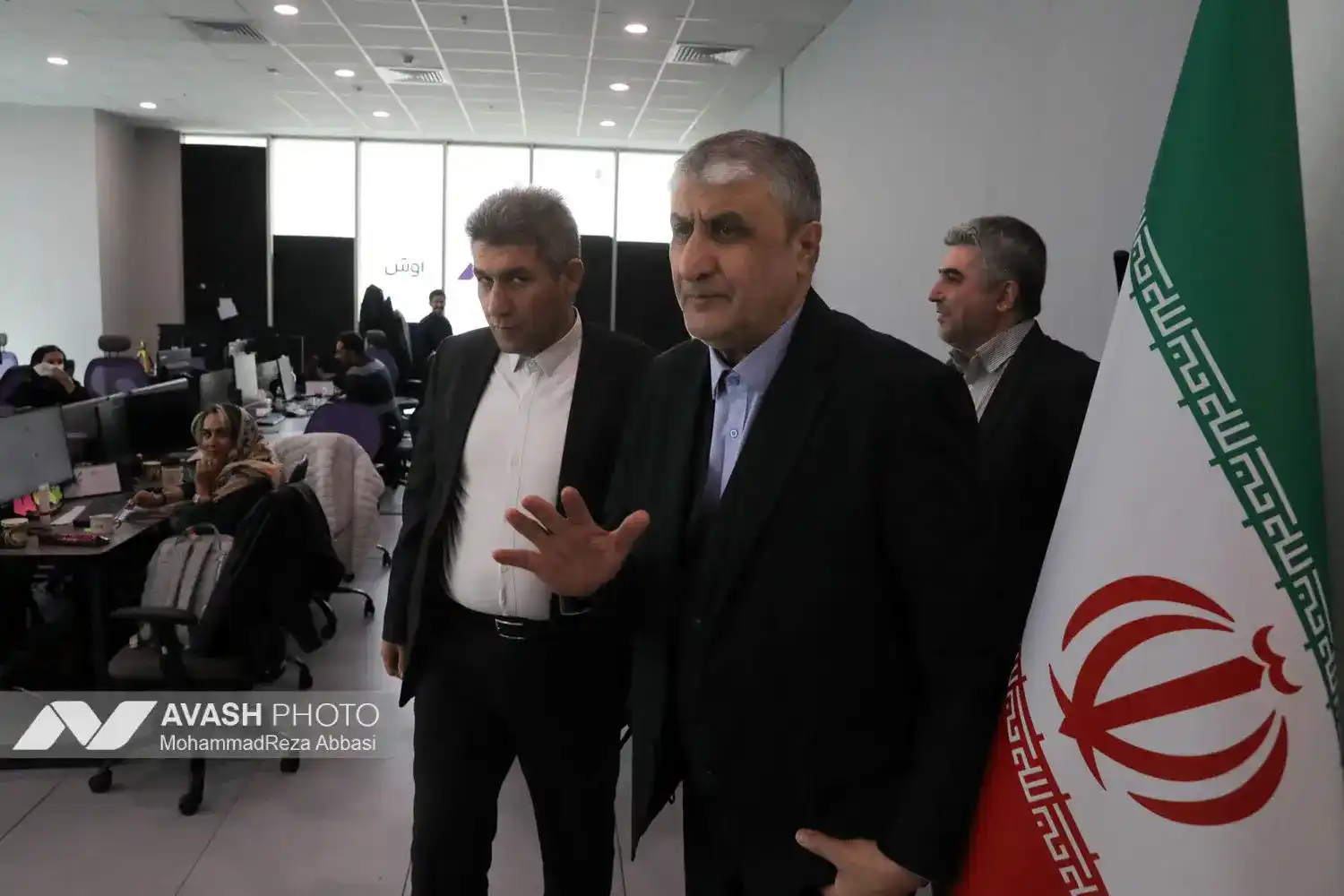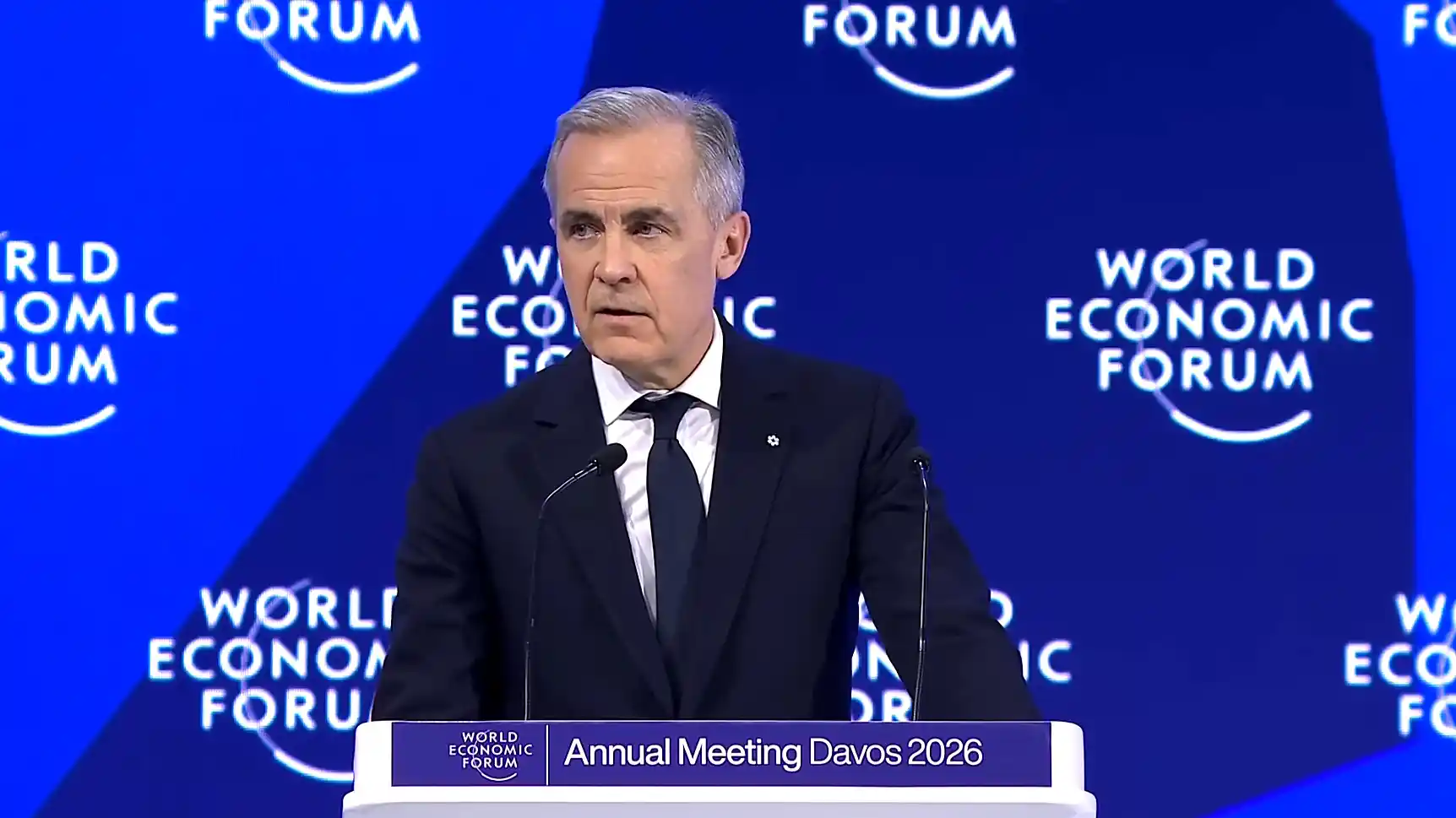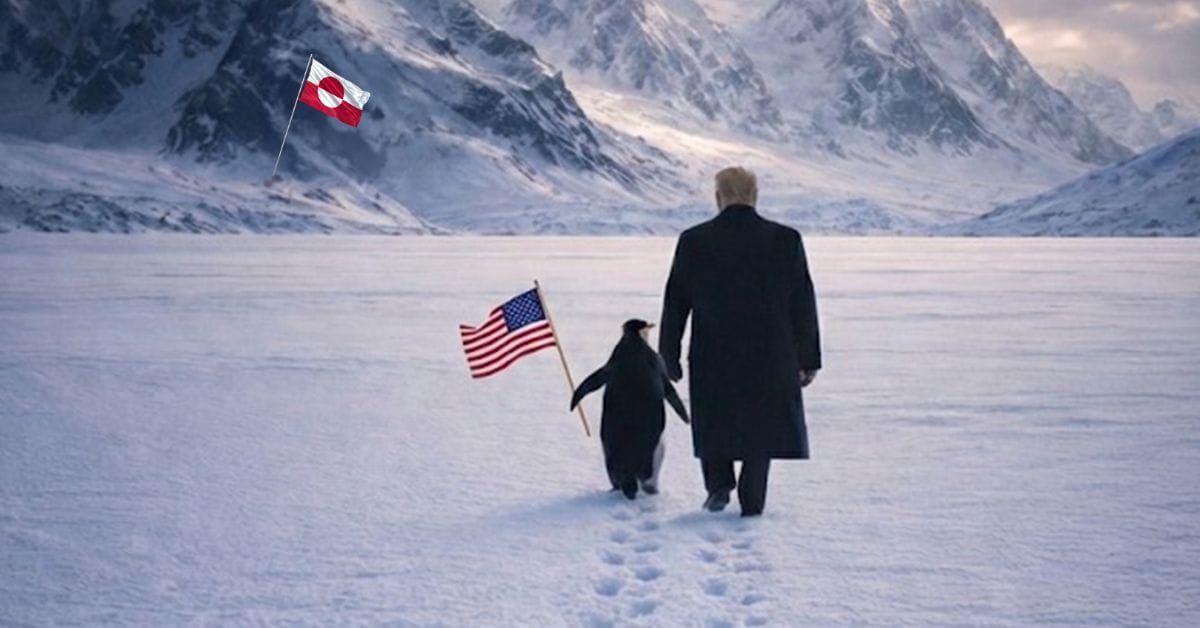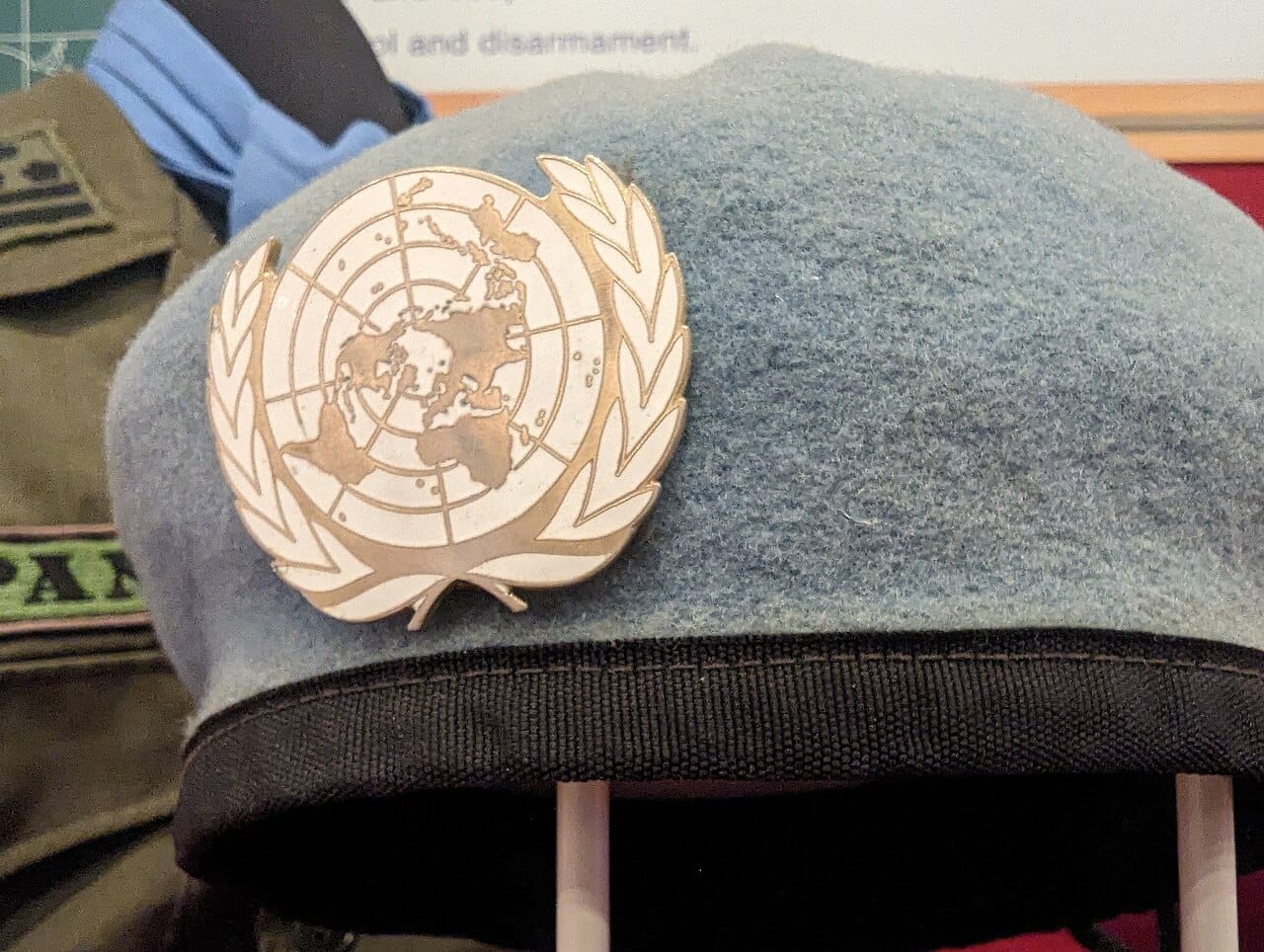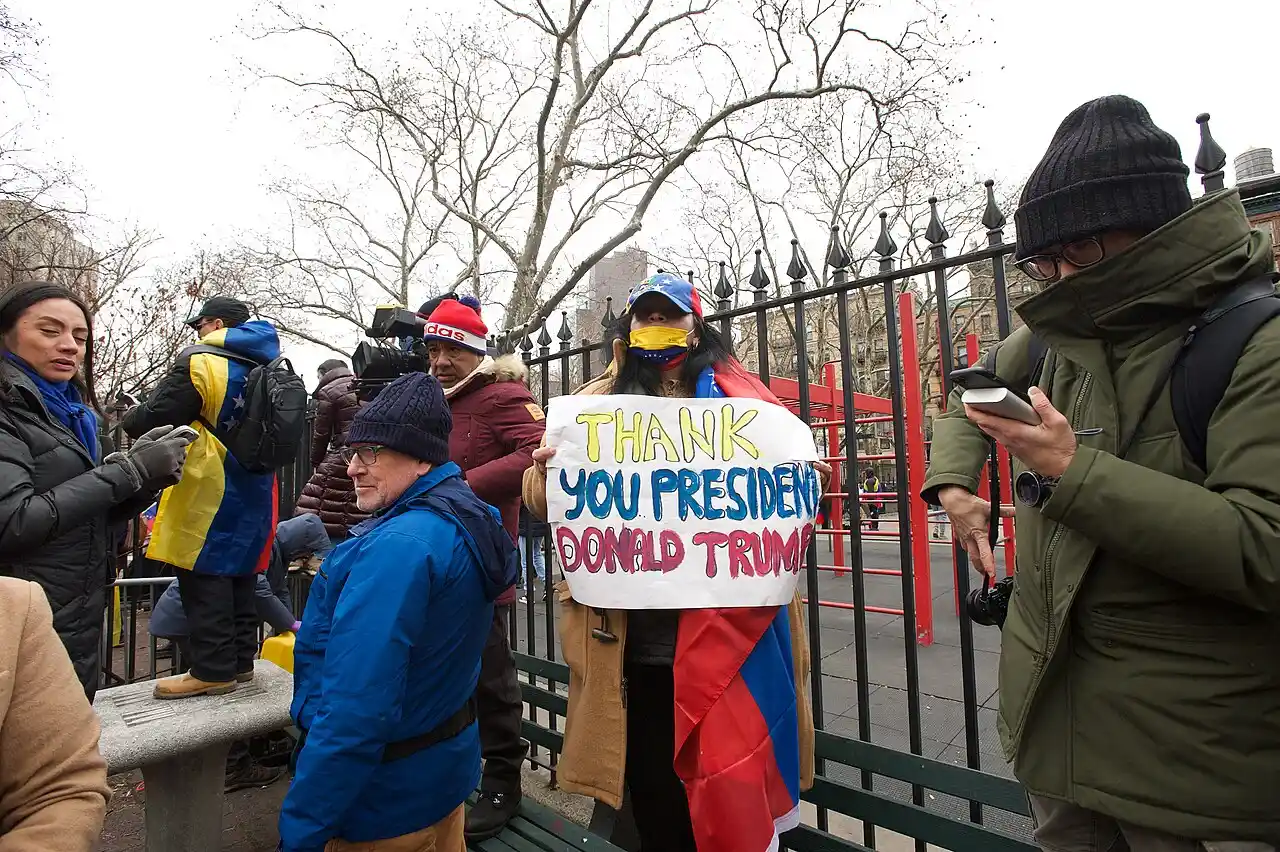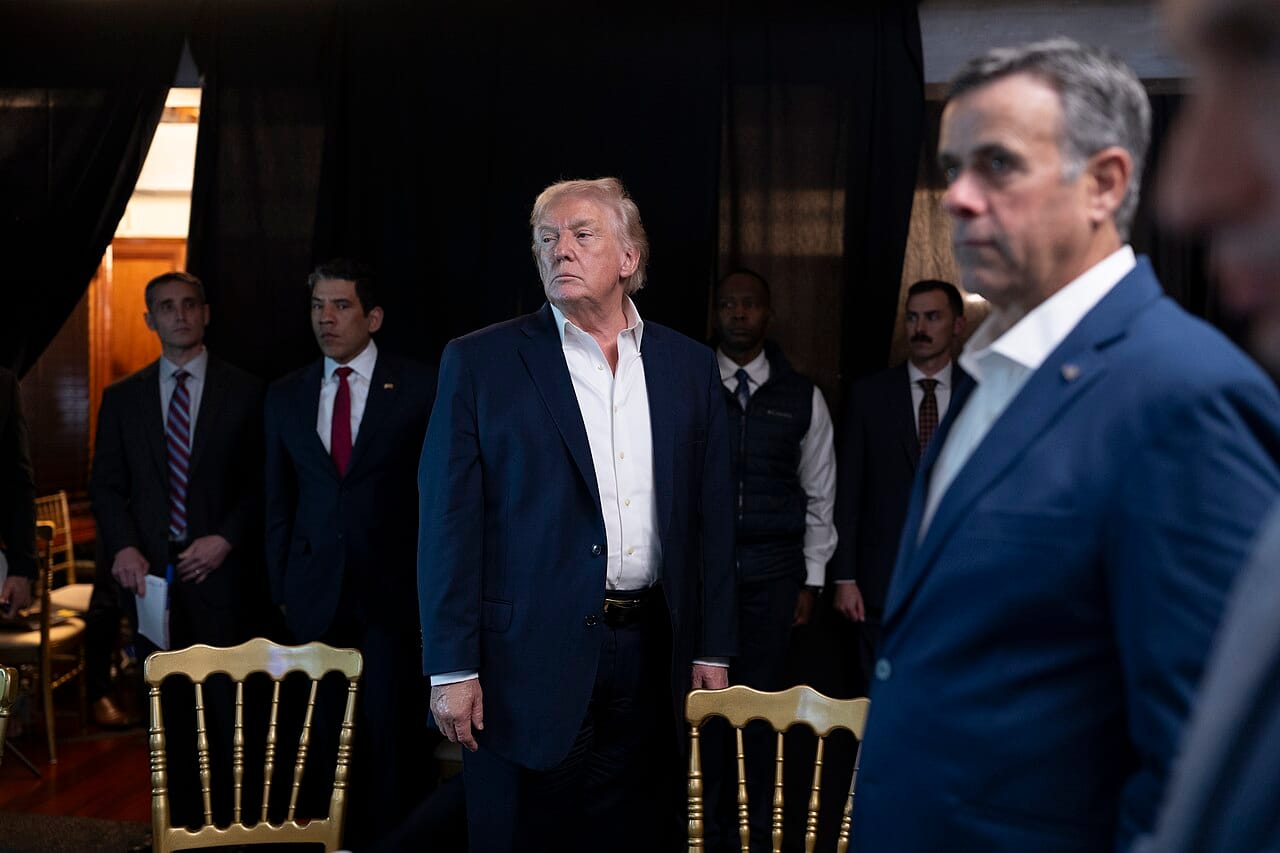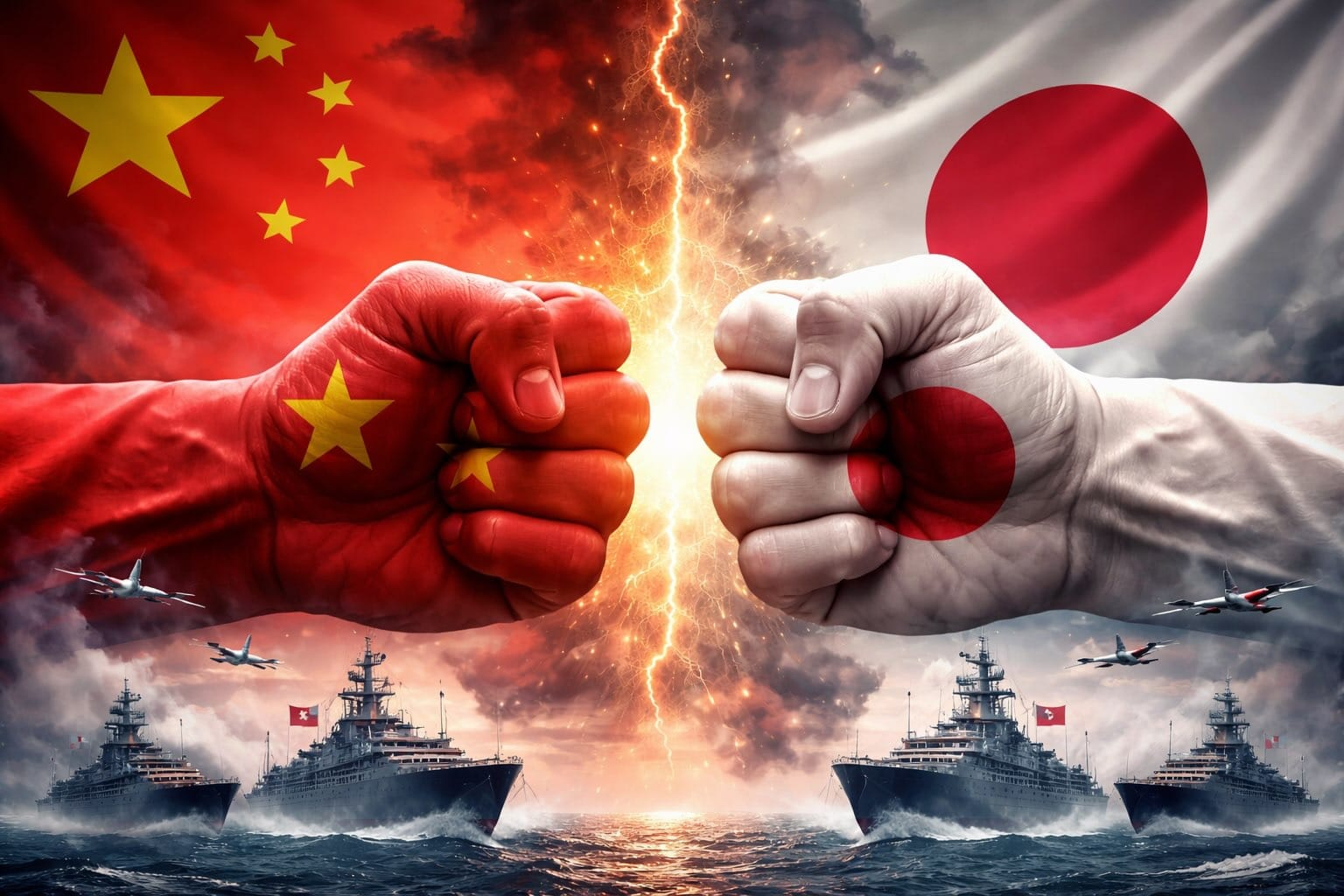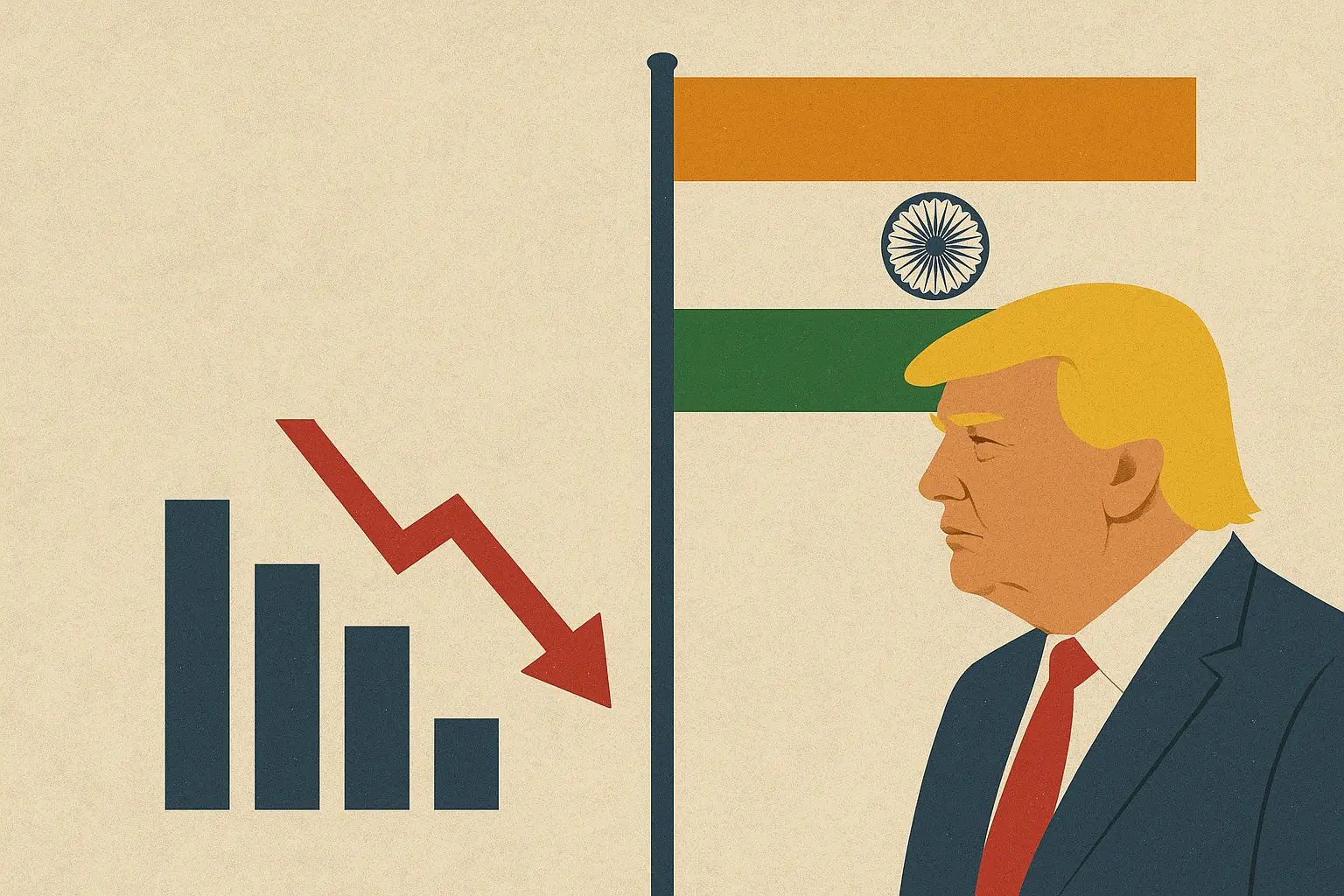For twenty years, Iran’s nuclear program has been a key point of contention in U.S.–Iran relations. After the U.S. exited the 2015 Joint Comprehensive Plan of Action (JCPOA), Tehran gradually increased its enrichment levels beyond the established limits. Diplomatic attempts in 2025 led to indirect talks facilitated by Oman and Italy, but these efforts fell apart due to escalating tensions, particularly following a 12-day conflict involving U.S. and Israeli attacks on Iranian nuclear and military facilities in June 2025.
Tag: United States
DAVOS 2026: Promises, Power, and the Politics Beneath
The World Economic Forum held its 2026 Annual Meeting with the theme “A Spirit of Dialogue,” once again transforming the alpine silence of Davos into motorcades, guarded passageways, and rushed diplomacy. This year, however, the atmosphere was everything from formal. Davos 2026 took place in a world that is becoming more and more defined by technological advancements, geopolitical division, and concerns about climate change.
Trump’s Greenland Obsession: More of National Security Vulnerability and Less Minerals
President Donald Trump said on January 9 that his administration will take action on Greenland “whether they like it or not,” and this time it seems serious as he pushes to acquire the Danish territory for the United States. After January 3, when Venezuelan leader Nicolas Maduro was ousted from Caracas, the American President is adamant about seizing control of the 836,330-square-mile island of Greenland, which is bigger than Alaska.
10 Conflicts to Watch in 2026
As we moved into 2026, the world is no longer merely “watching” conflicts – it is living with them. Civil war in Sudan has deepened into a regional humanitarian catastrophe, Ukraine remains locked in a war of attrition with global consequences, India-Pakistan tensions continue to cast a long shadow over South Asia and multiple theatres across Central Africa are sliding into protracted violence. This special newsletter revisits the evolving conflict landscape and examine what these wars reveal about power, governance and the fragility of the current global order and why their trajectories in 2026 matter far beyond their immediate borders.
How Criminal Law Became a Tool of U.S. Foreign Policy in Trump’s Maduro Operation
In the early hours of January 3, 2026, more than 150 U.S. military aircraft launched from bases across the Western Hemisphere, converging on Caracas. By dawn, Venezuelan President Nicolás Maduro was aboard the USS Iwo Jima, bound for New York to face narcoterrorism charges. The operation, codenamed “Absolute Resolve,” represented the most audacious military action against a foreign head of state since the 1989 Panama invasion. But unlike traditional warfare, this operation unfolded under a different legal banner entirely: law enforcement.
The Caracas Raid, State Criminalisation, and America’s Domestic Calculus
In the early hours of January 3, 2026, U.S. Special Forces carried out a daring raid in Caracas, capturing Venezuelan President Nicolás Maduro and his wife. This significant military operation involved over 150 aircraft neutralising Venezuelan air defences to extract the couple. It marked a major shift in U.S. foreign policy. The raid was not spontaneous; it was the result of a long-term effort by the U.S. to oust Maduro, an authoritarian leader accused of serious corruption and drug-related crimes. President Donald Trump defended the action by labelling Maduro a criminal instead of a statesman, stating that the U.S. would manage Venezuela to help with a government transition.
The Sokoto Strike: A New Front in the United States’ War on Terror
In the early hours of December 25, 2025, a series of Tomahawk cruise missiles launched from an American warship in the Gulf of Guinea flew north over West Africa. Their target was not a typical base for jihadism in the Middle East but camps in the remote Bauni forest of Nigeria’s northwestern Sokoto State, near the Niger border. This unprecedented U.S. military strike, approved by President Donald Trump and conducted with Nigeria’s consent, aimed at militants connected to the Islamic State (ISIS). It marked a dramatic start to a new and complex front in the global fight against terrorism, highlighting the troubling shift of jihadist violence into sub-Saharan Africa.
Can Asia’s Greatest Rivalry Step Back from War?
In the icy waters southeast of Okinawa, a Japanese F-15 pilot’s cockpit alarm issues a serious warning. A Chinese J-15 fighter jet has locked its fire-control radar onto the aircraft, a modern equivalent of pointing a loaded gun. In Tokyo, officials urgently summon the Chinese ambassador. In Beijing, state media threatens “severe consequences.” This incident on December 7, 2025, was not an isolated near-miss. It marked the latest and most concerning trigger in a diplomatic crisis that has pushed Asia’s two biggest powers to the brink of conflict, a situation both deny wanting but seem unable to escape.
The Caribbean Powder Keg: A Formula for an Unwanted War
Global attention is fixed on the tense standoff between the US and Venezuela, marked by military posturing and combative language. This situation does not resemble a conventional war; rather, it is a precarious confrontation that could escalate into widespread conflict with a single misstep. The Trump administration has deployed an impressive naval fleet to the Caribbean – a collection of destroyers and amphibious assault vessels executing operations against ships labeled as drug traffickers. Officially aimed at addressing narcotics issues, the real motivation appears to be a high-stakes geopolitical manoeuvre that threatens to unsettle Latin America and involve foreign powers.
Tariffs ≠ Collapse: India’s Trade Journey through Trump-Era Tariffs
When the “America First” trade policy was declared by U.S. President Donald Trump in his previous term, he framed it as a move to protect U.S. workers from what he labeled unfair foreign competition. India, even as a long-time U.S. ally, found itself squarely in the crosshairs. Trump claimed that India charged high tariffs on American products while gaining preferential entry into U.S. markets. Such a disparity, he said, required a corrective measure. The tariffs did not come as a blanket measure initially but were developed incrementally through a series of increments.
